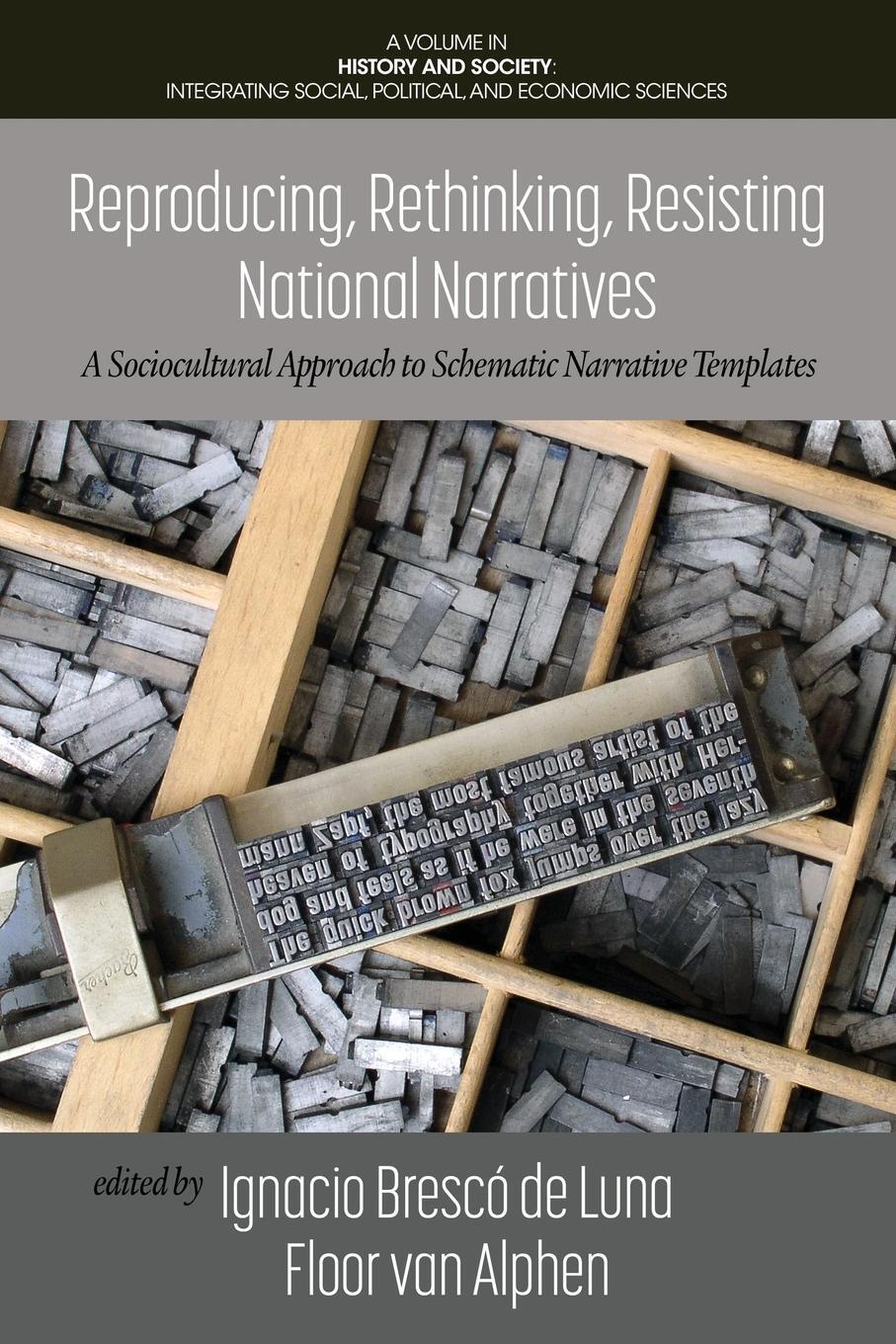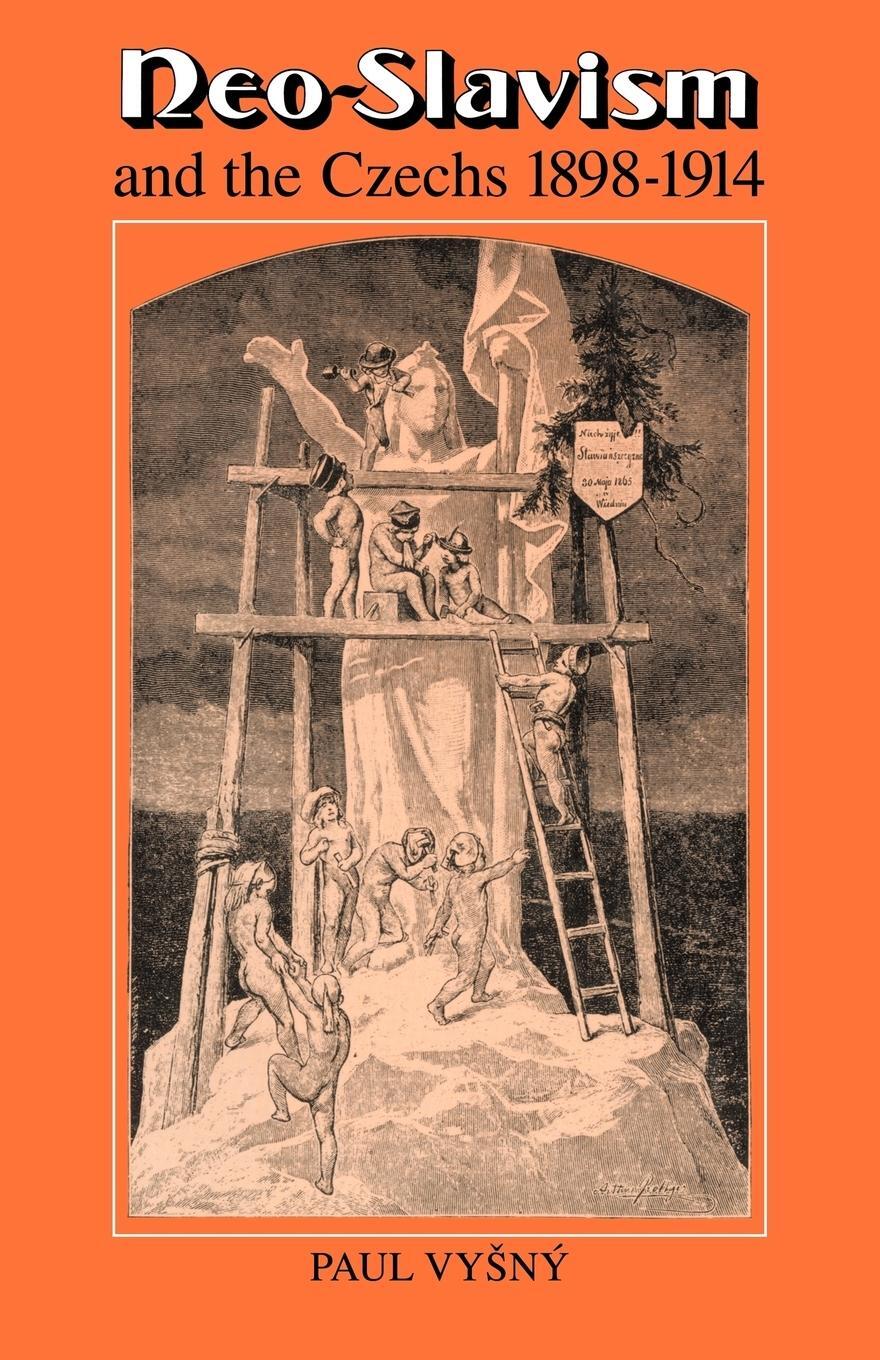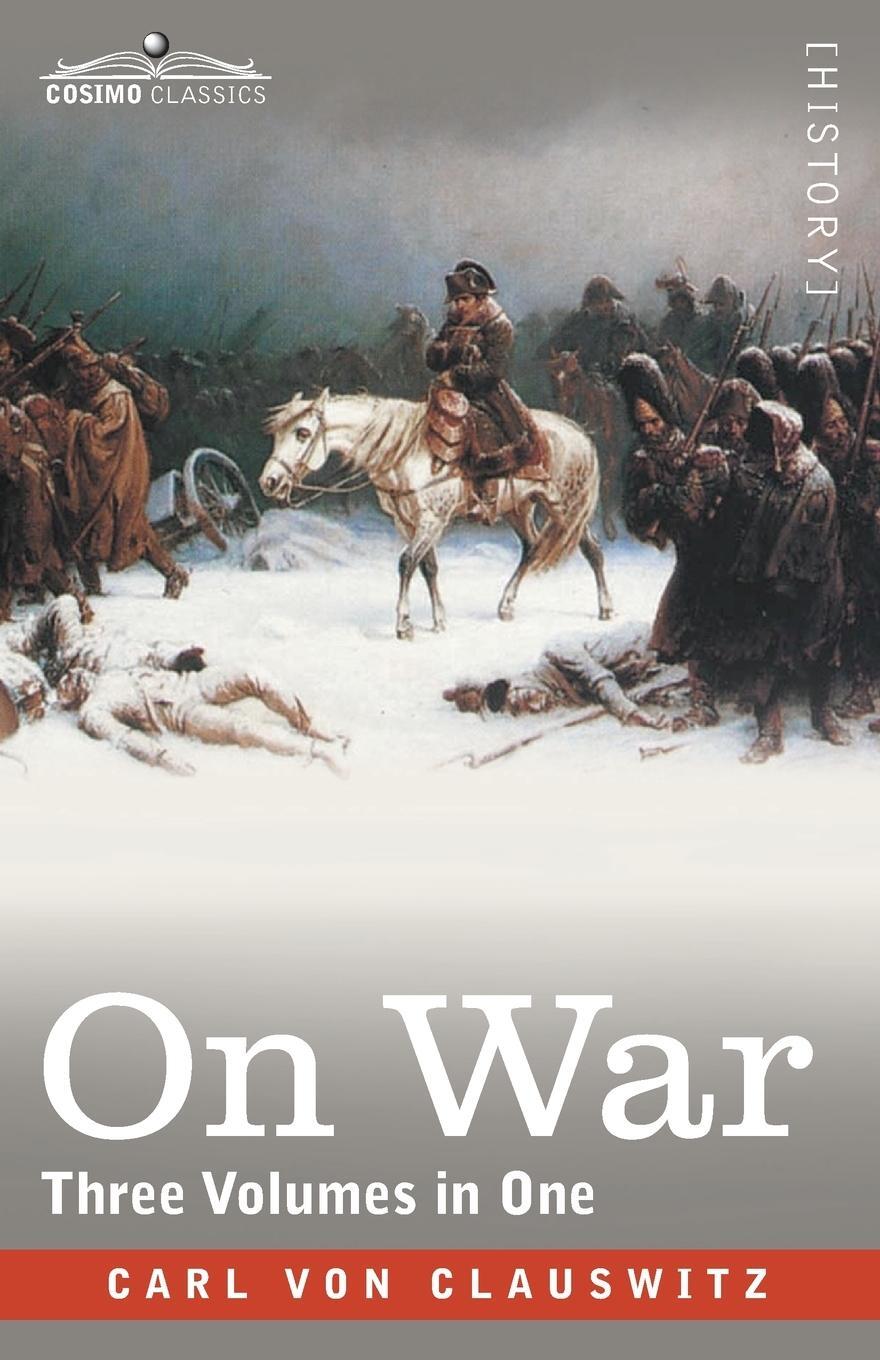Dekorationsartikel gehören nicht zum Leistungsumfang.
Sprache:
Englisch
63,60 €*
Versandkostenfrei per Post / DHL
Aktuell nicht verfügbar
Kategorien:
Beschreibung
In his now classic Voices of Collective Remembering, James V. Wertsch (2002) examines the extent to which certain narrative themes are embedded in the way the collective past is understood and national communities are imagined. In this work, Wertsch coined the term schematic narrative templates to refer to basic plots, such as the triumph over alien forces or quest for freedom, that are recurrently used, setting a national theme for the past, present and future. Whereas specific narratives are about particular events, dates, settings and actors, schematic narrative templates refer to more abstract structures, grounded in the same basic plot, from which multiple specific accounts of the past can be generated. As dominant and naturalised narrative structures, schematic narrative templates are typically used without being noticed, and are thus extremely conservative, impervious to evidence and resistant to change.
The concept of schematic narrative templates is much needed today, especially considering the rise of nationalism and extreme-right populism, political movements that tend to tap into national narratives naturalised and accepted by large swathes of society. The present volume comprises empirical and theoretical contributions to the concept of schematic narrative templates by scholars of different disciplines (Historiography, Psychology, Education and Political Science) and from the vantage point of different cultural and social practices of remembering (viz., school history teaching, political discourses, rituals, museums, the use of images, maps, etc.) in different countries. The volume's main goal is to provide a transdisciplinary debate around the concept of schematic narrative templates, focusing on how narratives change as well as perpetuate at times when nationalist discourses seem to be on the rise. This book will be relevant to anyone interested in history, history teaching, nationalism, collective memory and the wider social debate on how to critically reflect on the past.
The concept of schematic narrative templates is much needed today, especially considering the rise of nationalism and extreme-right populism, political movements that tend to tap into national narratives naturalised and accepted by large swathes of society. The present volume comprises empirical and theoretical contributions to the concept of schematic narrative templates by scholars of different disciplines (Historiography, Psychology, Education and Political Science) and from the vantage point of different cultural and social practices of remembering (viz., school history teaching, political discourses, rituals, museums, the use of images, maps, etc.) in different countries. The volume's main goal is to provide a transdisciplinary debate around the concept of schematic narrative templates, focusing on how narratives change as well as perpetuate at times when nationalist discourses seem to be on the rise. This book will be relevant to anyone interested in history, history teaching, nationalism, collective memory and the wider social debate on how to critically reflect on the past.
In his now classic Voices of Collective Remembering, James V. Wertsch (2002) examines the extent to which certain narrative themes are embedded in the way the collective past is understood and national communities are imagined. In this work, Wertsch coined the term schematic narrative templates to refer to basic plots, such as the triumph over alien forces or quest for freedom, that are recurrently used, setting a national theme for the past, present and future. Whereas specific narratives are about particular events, dates, settings and actors, schematic narrative templates refer to more abstract structures, grounded in the same basic plot, from which multiple specific accounts of the past can be generated. As dominant and naturalised narrative structures, schematic narrative templates are typically used without being noticed, and are thus extremely conservative, impervious to evidence and resistant to change.
The concept of schematic narrative templates is much needed today, especially considering the rise of nationalism and extreme-right populism, political movements that tend to tap into national narratives naturalised and accepted by large swathes of society. The present volume comprises empirical and theoretical contributions to the concept of schematic narrative templates by scholars of different disciplines (Historiography, Psychology, Education and Political Science) and from the vantage point of different cultural and social practices of remembering (viz., school history teaching, political discourses, rituals, museums, the use of images, maps, etc.) in different countries. The volume's main goal is to provide a transdisciplinary debate around the concept of schematic narrative templates, focusing on how narratives change as well as perpetuate at times when nationalist discourses seem to be on the rise. This book will be relevant to anyone interested in history, history teaching, nationalism, collective memory and the wider social debate on how to critically reflect on the past.
The concept of schematic narrative templates is much needed today, especially considering the rise of nationalism and extreme-right populism, political movements that tend to tap into national narratives naturalised and accepted by large swathes of society. The present volume comprises empirical and theoretical contributions to the concept of schematic narrative templates by scholars of different disciplines (Historiography, Psychology, Education and Political Science) and from the vantage point of different cultural and social practices of remembering (viz., school history teaching, political discourses, rituals, museums, the use of images, maps, etc.) in different countries. The volume's main goal is to provide a transdisciplinary debate around the concept of schematic narrative templates, focusing on how narratives change as well as perpetuate at times when nationalist discourses seem to be on the rise. This book will be relevant to anyone interested in history, history teaching, nationalism, collective memory and the wider social debate on how to critically reflect on the past.
Details
| Erscheinungsjahr: | 2021 |
|---|---|
| Genre: | Geschichte |
| Rubrik: | Geisteswissenschaften |
| Medium: | Taschenbuch |
| Seiten: | 244 |
| Reihe: | History and Society: Integrating Social, Political and Economic Sciences |
| ISBN-13: | 9781648026614 |
| ISBN-10: | 1648026613 |
| Sprache: | Englisch |
| Ausstattung / Beilage: | Paperback |
| Einband: | Kartoniert / Broschiert |
| Redaktion: | Brescó de Luna, Ignacio |
| Hersteller: |
Information Age Publishing
History and Society: Integrating Social, Political and Economic Sciences |
| Maße: | 234 x 156 x 13 mm |
| Von/Mit: | Ignacio Brescó de Luna |
| Erscheinungsdatum: | 18.11.2021 |
| Gewicht: | 0,377 kg |
Details
| Erscheinungsjahr: | 2021 |
|---|---|
| Genre: | Geschichte |
| Rubrik: | Geisteswissenschaften |
| Medium: | Taschenbuch |
| Seiten: | 244 |
| Reihe: | History and Society: Integrating Social, Political and Economic Sciences |
| ISBN-13: | 9781648026614 |
| ISBN-10: | 1648026613 |
| Sprache: | Englisch |
| Ausstattung / Beilage: | Paperback |
| Einband: | Kartoniert / Broschiert |
| Redaktion: | Brescó de Luna, Ignacio |
| Hersteller: |
Information Age Publishing
History and Society: Integrating Social, Political and Economic Sciences |
| Maße: | 234 x 156 x 13 mm |
| Von/Mit: | Ignacio Brescó de Luna |
| Erscheinungsdatum: | 18.11.2021 |
| Gewicht: | 0,377 kg |
Warnhinweis












